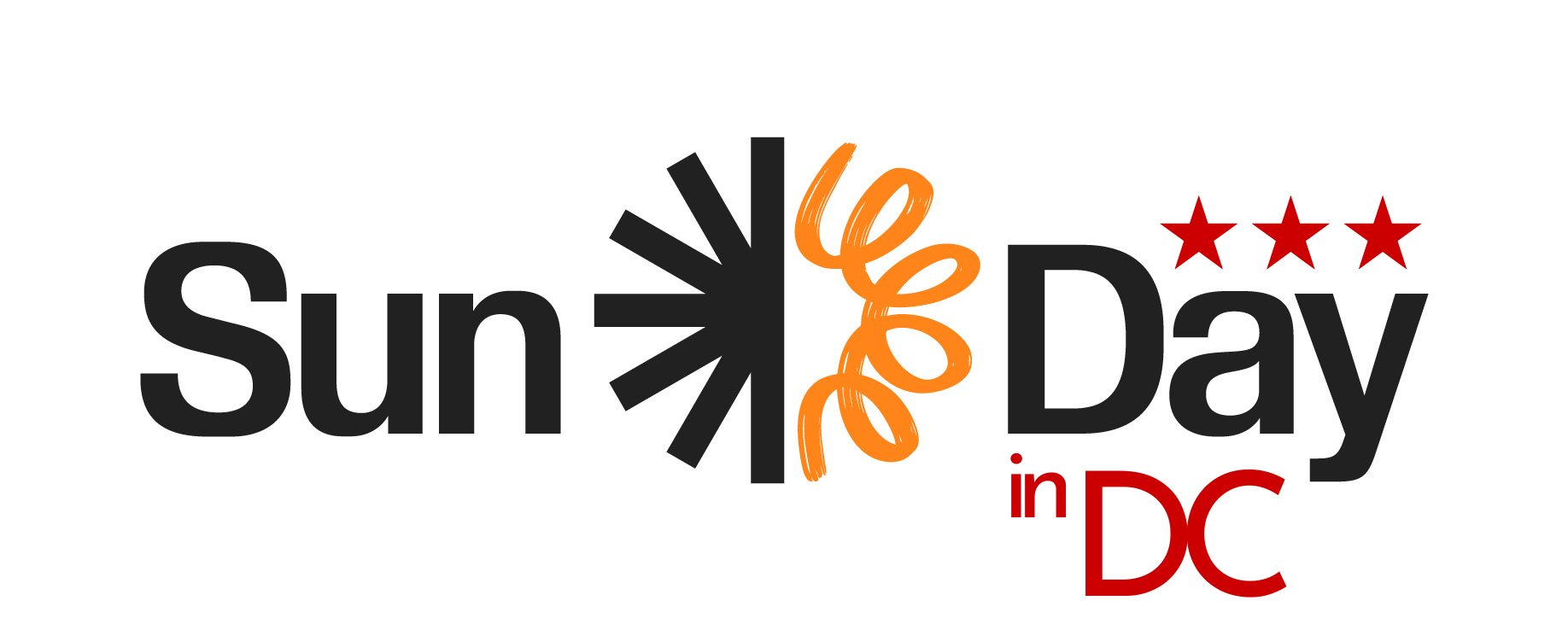
Cities have always been humanity’s greatest engines of opportunity, invention, and community. Today, cities are also where the consequences of climate change are felt most acutely. Floods, heat waves, storms, and rising seas are reshaping how billions of people live, work, and thrive. As we confront these risks, cities are at the forefront of climate adaptation.
The economic stakes are immense - climate adaptation represents a multi-trillion dollar opportunity in technology, infrastructure, and finance. How we invest in resilient buildings, water systems, cooling infrastructure, insurance mechanisms, and community preparedness will determine the livability of our cities in the decades to come. To succeed, we must connect the dots between climate tech, policy, and finance to scale adaptation solutions quickly and equitably.
This session will bring together climate adaptation startups, investors, corporate buyers, and policymakers to discuss how adaptation is being implemented in cities across the globe. Topics for discussion will include:
How financing models like parametric insurance can accelerate adaptation at scale
The experience of startups piloting flood protection, heat mitigation, and water resilience solutions in urban environments
How New York City and other urban hubs are positioning themselves as test beds for climate adaptation technologies
A pecha-kucha style startup showcase of adaptation solutions will follow. Startups will present their solutions across:
- Flood & Water Resilience: ECOncrete, ISeeChange
- Heat & Cooling: EnKoat, Eztia
- Insurance & Finance: ClimateX, TenaxAI
- Data & Infrastructure: Rhizome, N4EA
Please also join us for great people, great food, and great conversation after the presentations on the beautiful Rooftop Park overlooking the Hudson River at Pier 57!
About Streetlife Ventures
Streetlife Ventures invests in the $5 trillion market opportunity at the intersection of cities and climate. We leverage our 30+ years of urban experience and 25,000+ member platform of climate founders, operators, policymakers, and emerging talent to build sustainable cities. We invest in pre-seed and seed startups across the buildings, energy, mobility and logistics, waste and water, and adaptive infrastructure sectors. We also partner with cities, real estate developers, and infrastructure groups to de-risk urban climate solutions and accelerate a startup’s path to commercialization. We are dedicated to advancing cities, focusing on people and the places they call home.
About Climate Proof
Climate Proof is your go-to source for news and insights on climate adaptation finance, tech, and policy. Every Monday and Thursday, subscribers get the latest and greatest intelligence from the frontiers of the emerging A&R market sent direct to their inboxes. Premium members also get access to our exclusive reports and data dashboards, which allow for unprecedented insights into how companies and financial institutions are responding to the climate adaptation and resilience challenge and capitalizing on the related opportunities.
About Autodesk Foundation
The Autodesk Foundation, the philanthropic arm of Autodesk, Inc., supports the design and creation of innovative solutions to the world’s most pressing challenges. By facilitating a blend of funding, technical training, and expertise, we can bring early-stage innovations to market to advance a more sustainable, inclusive, and resilient world.
Pier 57
Climate Proof
Streetlife Ventures
New York
09/22/2025 at 05:30PM


